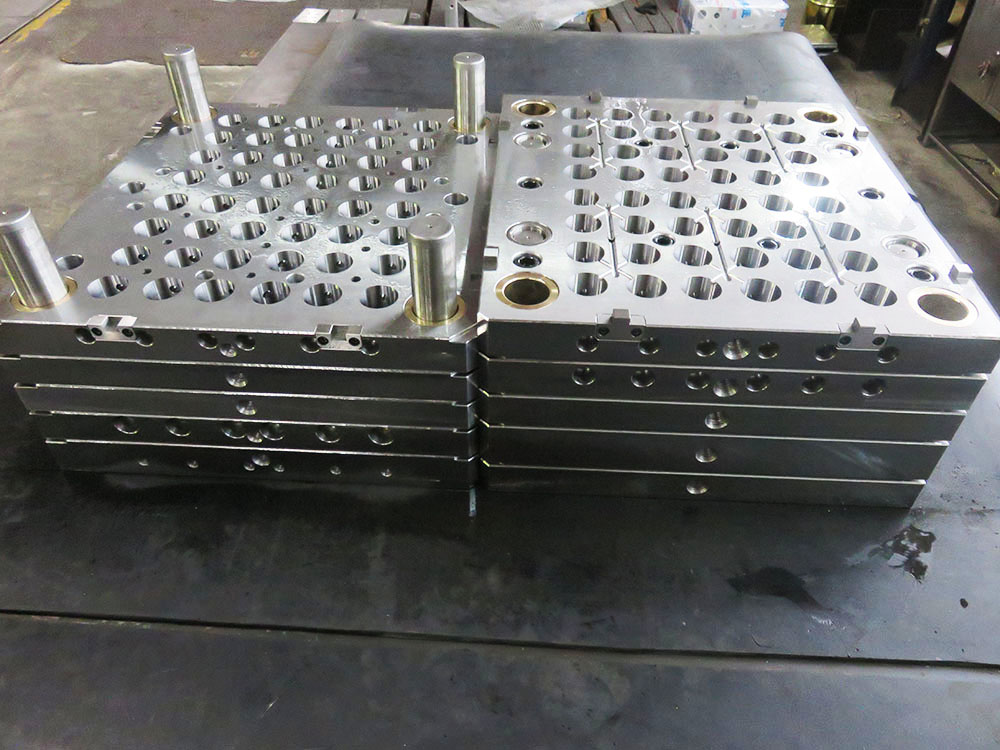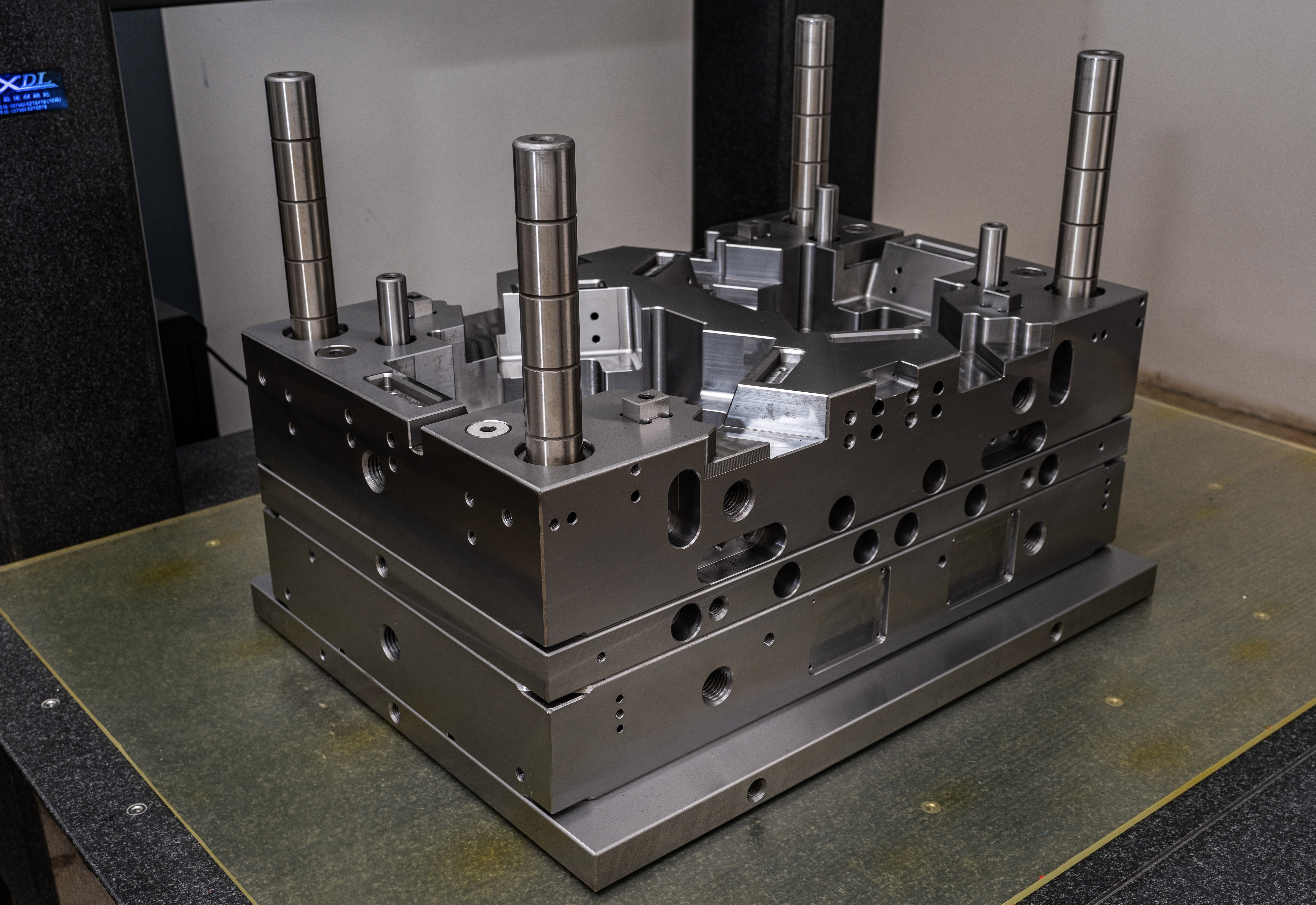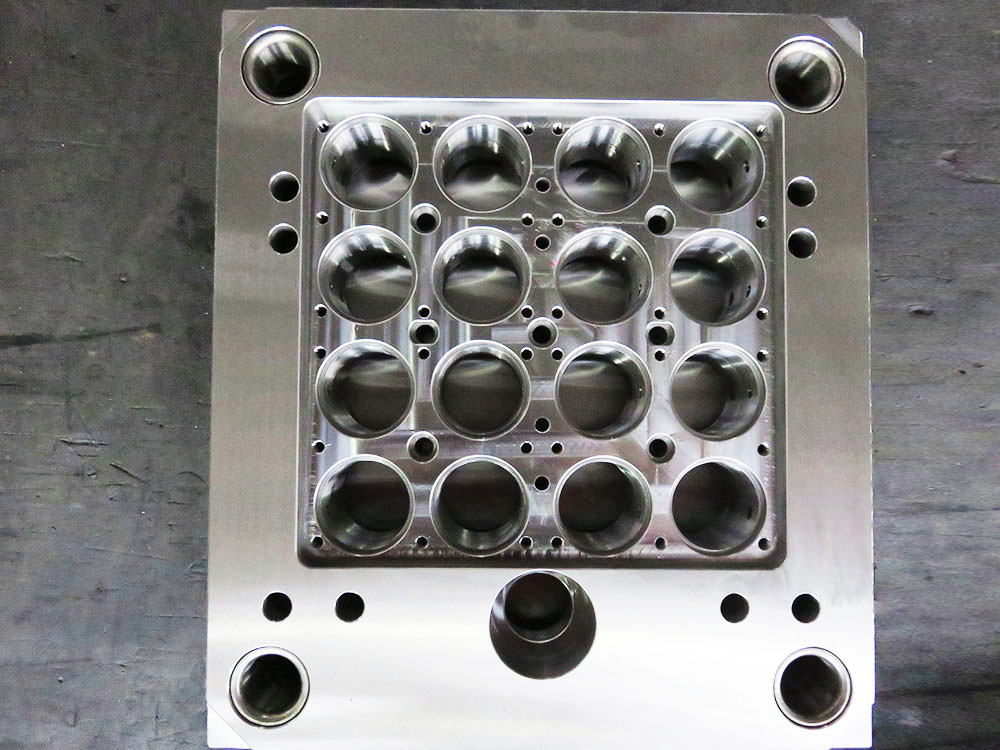Learning Mold Making in a Mold Factory
Mold base industry is a thriving sector that plays a crucial role in various manufacturing processes. Aspiring professionals who are interested in learning mold making can benefit greatly from gaining experience in a mold factory. In this article, we will explore how one can self-study mold making in a mold factory.
Understanding the Basics
Before delving into the intricacies of mold making, it is essential to have a solid understanding of the basics. A mold is a hollowed-out block or form used to shape materials such as plastic, metal, or glass. The mold base serves as the foundation for creating molds and plays a pivotal role in ensuring the accuracy and precision of the final product. Familiarize yourself with the different components of a mold base, such as the cavity, core, runner system, and ejector system.
Observation and Shadowing
One effective way to learn mold making in a mold factory is through observation and shadowing experienced professionals. Spend time in a mold factory and closely observe the various processes involved in mold making. Shadow skilled technicians and mold makers to understand their work methods, techniques, and problem-solving approaches. This hands-on exposure will help you understand the real-world complexities of mold making and provide valuable insights into the industry.
Communication and Networking
Building a strong network of professionals in the mold base industry can be immensely beneficial for self-studying mold making. Engage in meaningful conversations with experienced mold makers and ask for their insights and advice. Attend industry conferences, workshops, and exhibitions where you can meet experts in the field and learn about the latest trends and technologies in mold making. Networking not only helps in expanding your knowledge but also opens doors to potential job opportunities in the future.
Hands-On Practice
To truly master mold making, hands-on practice is essential. Start by working with basic materials and gradually progress to more complex ones. Acquire knowledge of different mold making techniques such as injection molding, blow molding, and compression molding. Experiment with different mold designs and learn to troubleshoot common issues that arise during the mold making process. Utilize the resources available in the mold factory to gain practical experience and refine your skills.
Continuous Learning and Adaptation
The mold base industry is constantly evolving, with new advancements and techniques being introduced regularly. To stay relevant, it is crucial to prioritize continuous learning and adaptation. Stay updated with the latest industry publications, online forums, and educational resources related to mold making. Adopt new technologies and incorporate them into your practice. Embrace a growth mindset and be open to learning from both successes and failures.
Conclusion
Self-studying mold making in a mold factory requires a combination of theory and practical experience. By understanding the basics, observing and shadowing experts, networking, hands-on practice, and continuous learning, aspiring professionals can develop the necessary skills to excel in the mold base industry. Remember to remain disciplined, patient, and passionate throughout your self-study journey, and never hesitate to seek guidance from experienced professionals. With dedication and perseverance, you can pave your way to becoming a successful mold maker.




